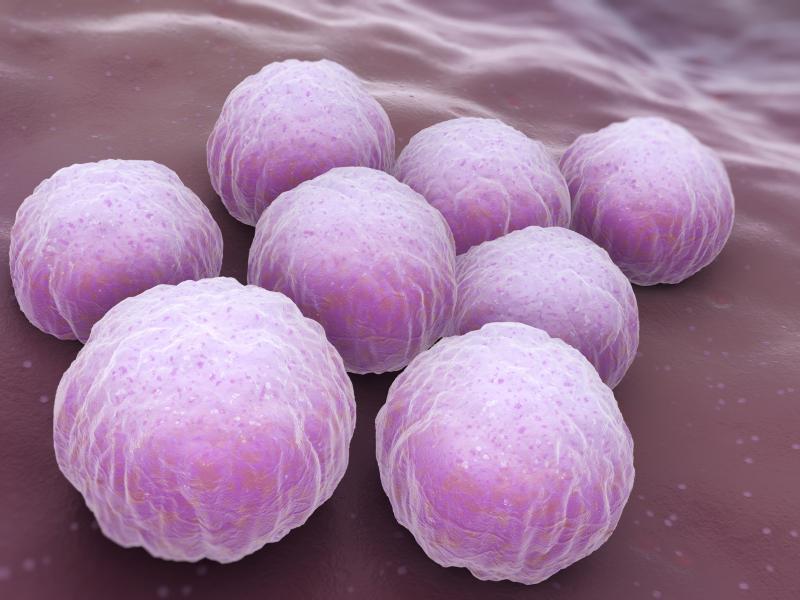
The chlamydia vaccine candidate CTH522 shows therapeutic potential in a phase I trial, being safe and well tolerated when adjuvanted with either CAF01 liposomes or aluminium hydroxide (AH). Both vaccine formulations induce anti-CTH522 IgG seroconversion, although CTH522:CAF01 has a better immunogenicity profile.
A total of 35 women aged 19–45 years were randomized to receive CTH522:CAF01 (n=15), CTH522:AH (n=15) or placebo (n=5). They received three intramuscular injections of 85 μg vaccine (with adjuvant) or placebo to the deltoid region of the arm at 0, 1 and 4 months, followed by two intranasal administrations of 30 μg unadjuvanted vaccine or placebo (one in each nostril) at months 4.5 and 5.0.
Only 32 women (91 percent) received all five vaccinations, but all 35 were included in the intention-to-treat analyses. There were no treatment-related serious adverse reactions documented, and the most common adverse events (AEs) were mild local injection-site reactions, which occurred in all participants in the two vaccine groups and in three in the placebo group.
Intranasal vaccination did not increase the frequency of related local reactions compared with placebo (47 percent vs 60 percent; p=1.000).
All participants in the CTH522:CAF01 and CTH522:AH groups achieved anti-CTH522 IgG seroconversion, whereas none in the placebo group seroconverted. Compared with CTH522:AH, CTH522:CAF01 led to rapid seroconversion, increased IgG titres, an enhanced mucosal antibody profile and a more consistent cell-mediated immune response profile.
The present data demonstrate the promising safety and immunogenicity profile of the recombinant antigen CTH522 with CAF01 and encourage continued clinical development of this vaccine against genital chlamydia, researchers said. A phase II dose optimization study is currently ongoing.